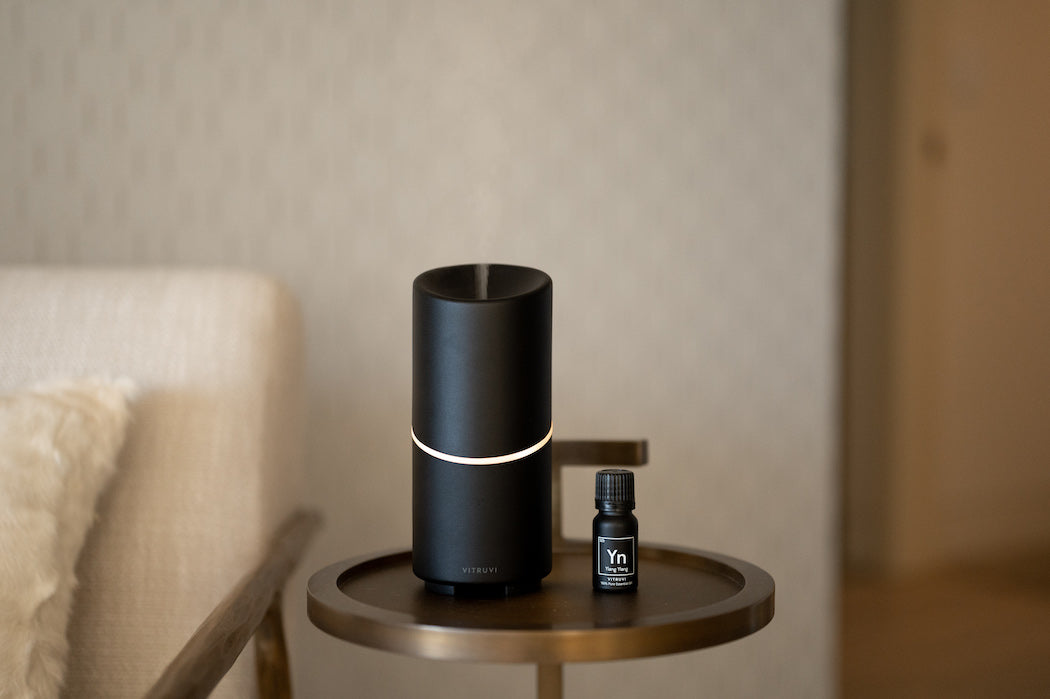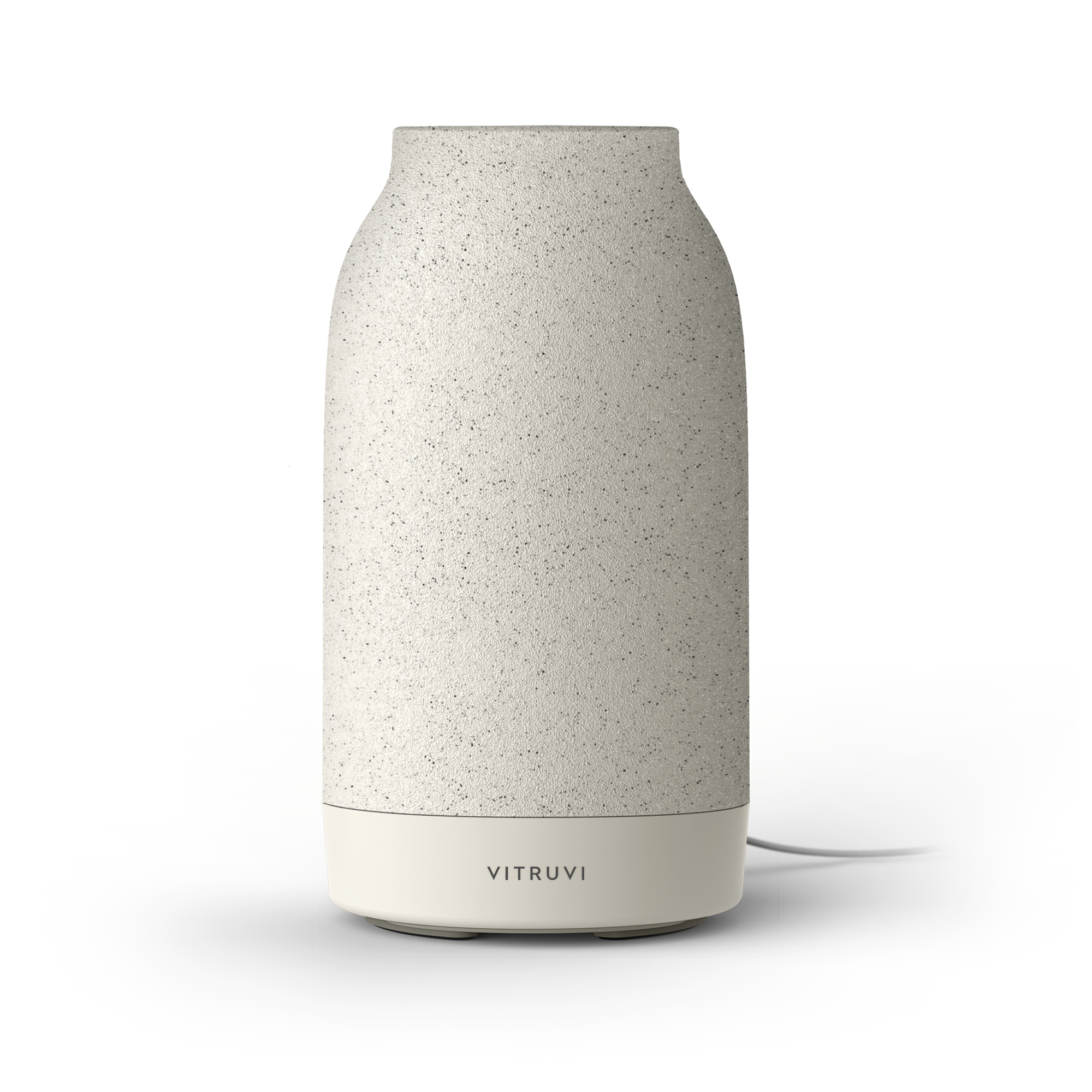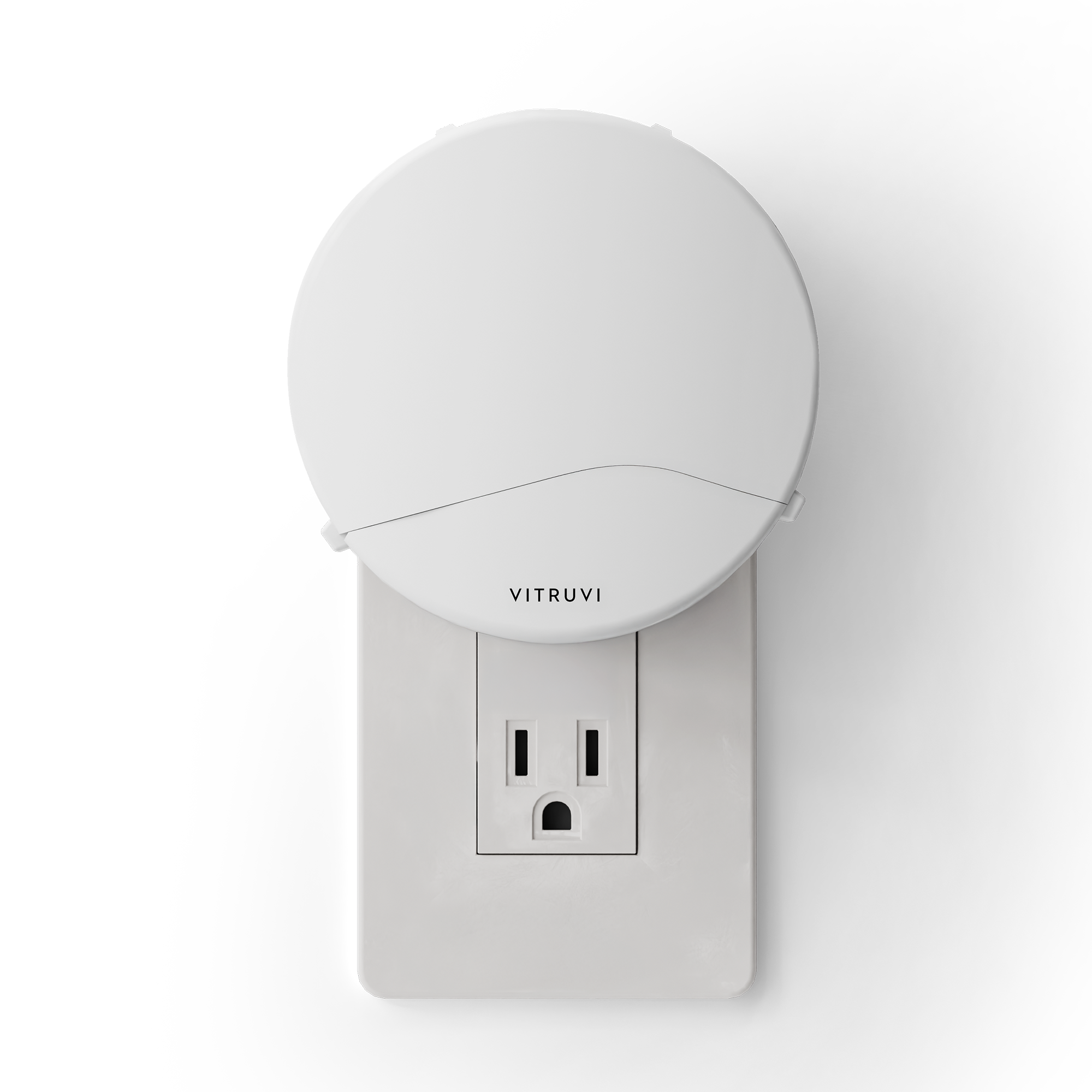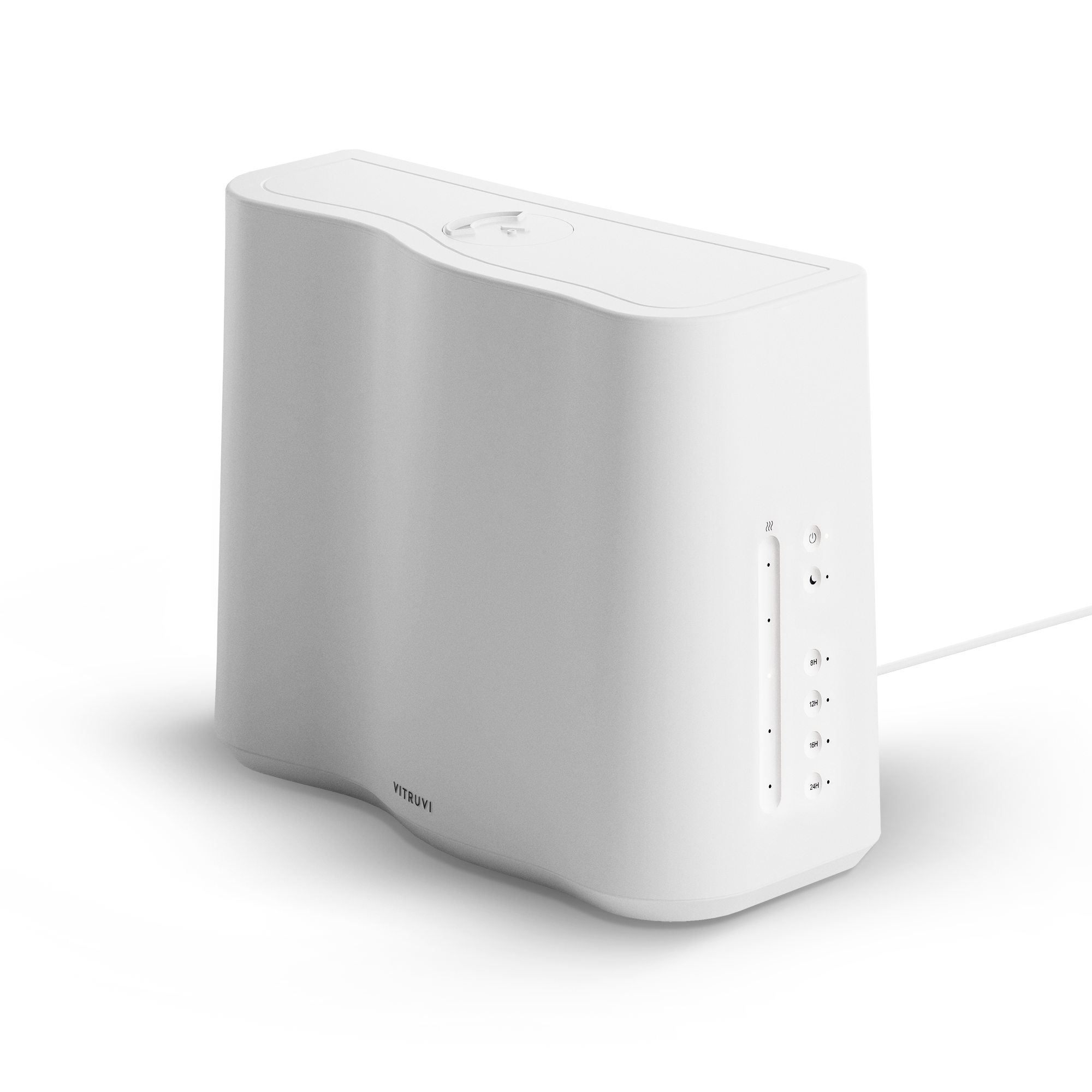In our late twenties and early thirties, it can feel like everything is happening at once.
We may be navigating our careers, tending to or seeking out relationships, and considering how we want our futures to look. If we want kids, the pressure to figure everything out quickly can be amplified by biology—a fact that has led an increasing number of women to explore the option of postponing parenthood by freezing their eggs.
“If having a child is important to us, then we need to prioritize it, just like we prioritize the other aspects of our lives,” says Dr. Caitlin Dunne, a fertility specialist at the Pacific Centre for Reproductive Medicine (PCRM) in Burnaby, B.C. “And understanding what’s going on in your own body is a first step to having the future that you want.”
When considering egg freezing as a fertility treatment, it is important to consult your doctor, and to thoroughly research the procedure’s medical, legal, and ethical dimensions. Here, Dunne gives her perspective on some of our basic questions about egg freezing.
How long has the option to freeze your eggs been available, and how has the procedure evolved?
The current procedure to freeze your eggs is called vitrification, commonly known as flash freezing. It’s a practice that became better known when the American Society for Reproductive Medicine removed the “experimental” label from egg freezing in late 2012 [the label was dropped in Canada in 2014]. So we really saw an explosion of egg freezing in late 2012, early 2013, and it’s just grown immensely since then. But truly, egg freezing has been around for a lot longer than that; we’ve had it for more than 20 years. The older technology to freeze eggs was called “slow freezing,” but it was a lot less effective, meaning that the eggs didn’t survive the process as well, so the success rates weren’t nearly as good as they are today.
Are there different situations in which someone may want to freeze their eggs?
Yes. Medical egg freezing is a process you may undergo if, for example, if you are about to receive chemotherapy that is going to age your ovaries and damage or kill a lot of your eggs. Elective or social egg freezing is when a woman freezes her eggs, not for a medical reason, but so she can effectively delay her childbearing. We’re seeing trans men who are freezing their eggs before they start testosterone therapy, or even after they’ve started testosterone therapy and perhaps before they have gender-affirming surgery like a hysterectomy or removal of the ovaries.
When is the best time to freeze your eggs?
The best time to freeze your eggs physiologically is when they’re at their best quality, which is age 34 or younger. But we want to balance that against the chances that you ultimately conceive naturally or perhaps you meet the right partner and never need the egg freezing. Cost-effectiveness studies suggest that 34 to 37 is a good balance between when the eggs are still high quality and freezing makes the most sense economically and personally for the average woman. We will freeze eggs up to age 40, and transfer frozen eggs into a woman’s uterus up to age 50, after which guidelines suggest the risk of carrying a pregnancy is too great. There’s no need to rush in to the doctor on your 35th birthday, but if you find yourself nearing your mid-thirties and you’re interested in egg freezing, it’s worth having a conversation with your doctor about what the options are.
If younger eggs are generally better quality, should women be freezing their eggs in their early twenties?
This is where an individual assessment with a fertility doctor becomes really important. For the most part, a woman in her early twenties with an average or normal egg number, I would say you’ve got some time. But I have seen women in their early twenties with unexpectedly low egg numbers, and they may want to choose to freeze their eggs earlier.
How does a first meeting with a fertility doctor typically go?
You can get a referral for a fertility clinic from your family doctor or from one of the online virtual health resources, like B.C.’s EQ Virtual or Babylon by Telus. When I meet a woman for the first time, we do a thorough ovarian reserve assessment test and then we take into account her age and her future childbearing goals. Then we discuss whether to wait and see how things go, or what the options might be for egg freezing.
What is the egg freezing procedure like, start to finish?
The procedure, start to finish, takes about two-and-a-half weeks. It begins with a session with our nurses to learn how to do at-home follicle-stimulating hormone (FSH) injections, which prompt the ovaries to create hopefully 10 to 12 eggs in a month, rather than the usual one. The injections are not super scary or anything, but they must be administered just under the skin of the belly for eight to 12 days, and you have to come in for an ultrasound usually every two or three days during that time so that we can monitor how the ovaries are doing. When the follicles have reached the right size, we book an egg retrieval procedure, where we use a tiny needle to go into the ovary and pull out the eggs. And then the eggs would be frozen that day and the patient would know exactly how many she has in the freezer. That only takes about 10 minutes, though the patient would remain at our clinic for a couple of hours to recover from the sedation, and then she would need someone to drive her home.
Are there any side effects?
For the most part, during the egg freezing cycle up until the egg retrieval, women can do their normal activities at work and light exercise. The main side effects would be bloating and a feeling of fullness in the lower belly. Occasionally, women will have mild side effects like headaches or changes in their mood.
How much does it cost?
At PCRM, the egg freezing cycle presently costs $7,600 [CAD] and then the hormone injections, if they’re not covered by extended insurance, can range anywhere from $3,000 to $5,000. There is an annual storage fee, which presently at PCRM is $400 a year, and the eggs can remain frozen as long as we need them. Of course, these prices may be different at different clinics across the country [and in the States].
Once your eggs are frozen, can you consider it a failsafe against infertility?
Unfortunately, there’s no number of eggs that we can freeze that will absolutely guarantee a pregnancy in the future. We really don’t know whether those eggs are going to work until we fertilize them, make embryos, and try to create a pregnancy. The best we can do is try to freeze a good number of eggs and freeze them when they’re at their best quality.
Are there any medical conditions associated with babies born via frozen eggs?
Egg freezing is relatively new, so it’s important to keep in mind that the studies about long-term health for women and babies are ongoing. But all of the initial results look promising; it doesn’t seem like there is an increased risk of birth defects or pregnancy complications from the data that we have so far.
What happens when you’re ready to use your frozen eggs?
We would thaw the eggs in our lab and we would fertilize each egg with sperm from the patient’s partner, or a donor. The way we fertilize the eggs is with a process called ICSI (intracytoplasmic sperm injection)—an in vitro fertilization procedure where we inject one single sperm inside of each egg. Sperm plus egg equals an embryo, and then that embryo is left to grow in an incubator for five days. Generally, we get about a third of the eggs progressing to full-grown embryos on the fifth day. And then we would choose one or two of the best-quality embryos and put them back in the uterus, and hopefully she’d be pregnant. And then if there are extra embryos, those embryos can be re-frozen for another try, or for brothers or sisters in the future.
Remember that if you’re interested in freezing your eggs, the best thing to do is talk to your doctor.
This interview has been edited and condensed.












